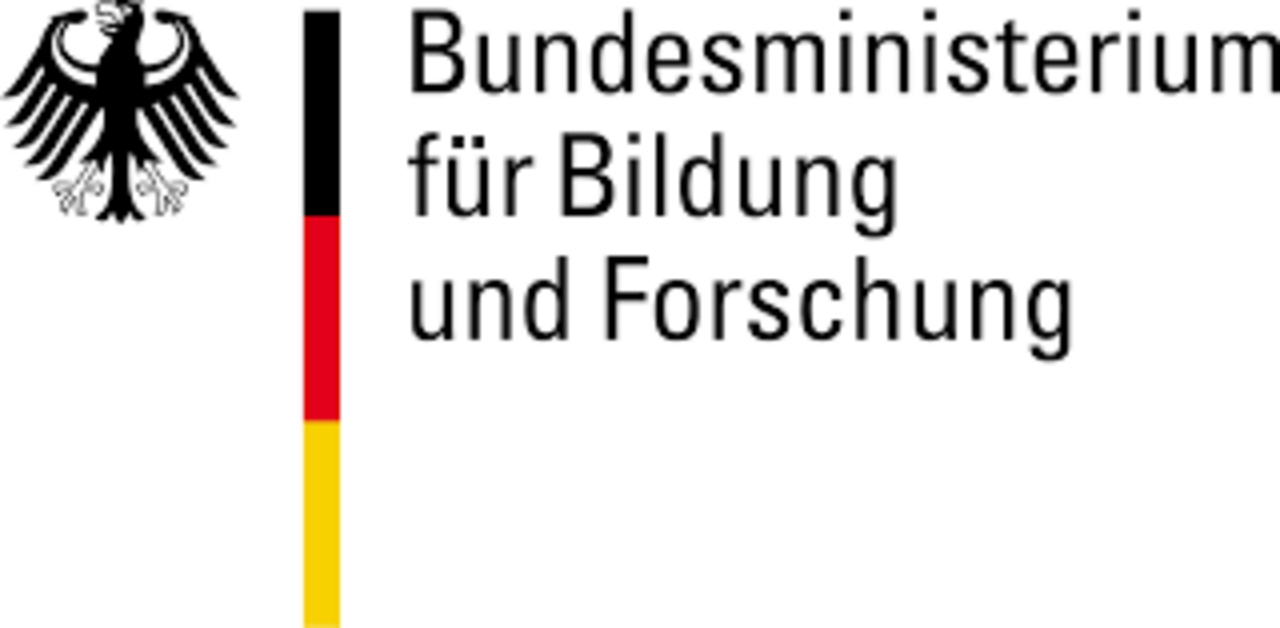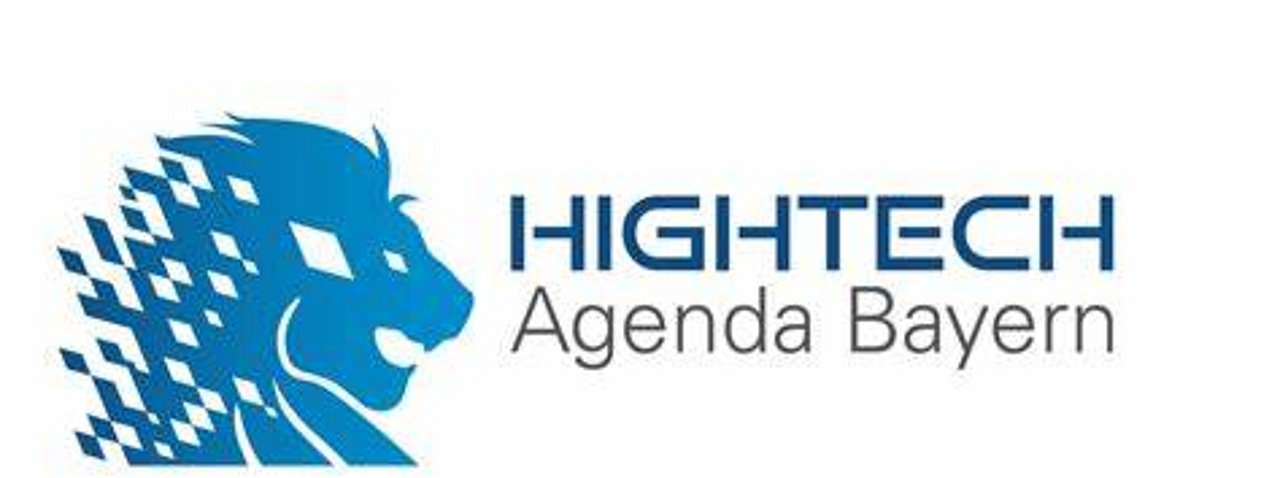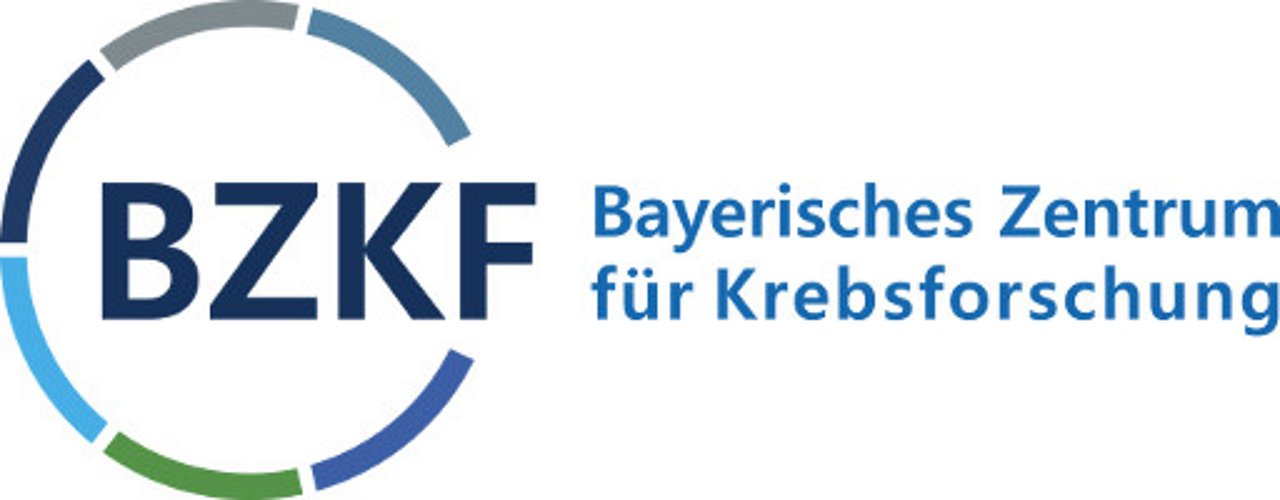
RG Modelling of Immune Processes (Graw)
- Immune cell differentiation / Vaccine and Immunotherapy-Design
- Spatio-temporal dynamics of immune and infection processes within tissues
- Computational methods for the integrative analysis of complex dynamical systems
Research focus:
Our research aims at analyzing the immune system and its complex dynamics in the context of infection, inflammation and malignant diseases.
By combining experimental and clinical data with methods from mathematical modelling, systems biology and data analysis, we aim at getting a mechanistic and quantitative understanding of how immune responses are generated, how immune cells interact and work, and which processes and factors govern these complex dynamics and determine disease progression. We especially aim at developing methods that allow the combination of various biomedical data (e.g. single cell measurements, imaging, serology) to provide an integrated analysis of the processes involved during immune reactions. Thereby, our methods comprise individual cell-based models and computational simulations of tissue structures, as well as methods from machine learning for analyzing complex data sets and model systems.
One aim of our research is to determine how cellular immune responses (T-Cells, B-Cells) are activated, distributed, regulated and maintained, especially in the context of immunotherapy and vaccination. Hereby we aim at addressing questions concerning the interaction of immune stimulating and inhibiting factors, the generation of tissue- and tumor-specific immune responses, as well as to predict the progression of CAR T-cell therapies and the development of graft-versus-host disease (GvHD) after allogenic stem cell transplantation.
In a second line of research we aim at deciphering the complex dynamics of inflammation and immune processes within tissues, as e.g. within tumors or during infection. Hereby, we analyze how local immune responses are generated, how local inflammation influences determines tissue pathology, and how tissue structures influence the efficacy of immune responses. Our approaches should help to determine the influence of individual cell characteristics, molecular concentrations and pathological changes on disease progression and to identify potential therapeutic approaches.
Lab members
- Prof. Dr. Frederik Graw, PI
- Pascal Lukas (PhD student)
- Marie-Luise Pletscher (PhD student)
- Szilard Varga (PhD student)
- Dr. Laeschkir Würthner (PostDoc)
- Julia Hafenbrak (MSc student)
- Aastha Thapaliya (MSc student)
- Lorenz Glück (MSc student)
- Anna-Lena Rösch (MSc student)
Our group in Erlangen is currently under development. We always welcome applications from skilled and motivated people for PhD and PostDoc positions in the area of Computational Immunology. In addition, we are always looking for BSc, MSc and MD students of different disciplines interested in doing a project or thesis in the field of theoretical and computational immunology with applications in infectious diseases dynamics, fundamental questions concerning immune processes within cancer, and immunotherapy and vaccine design.
Collaborations – intern
- PD Dr. Fabian Müller, Department of Medicine 5, Erlangen
- PD Dr. Simon Völkl, Department of Medicine 5, Erlangen
- PD Dr. Kilian Schober, Institute for Microbiology, Erlangen
Collaborations – extern
- Prof. Dr. Christoph Scheiermann (University of Geneva)
- Prof. Dr. Jan Hasenauer (University of Bonn)
- Prof. Dr. Ullrich Koethe (Heidelberg University)
- Dr. Jeremie Guedj (INSERM, University Paris Diderot)
- Dr. Olivier Terrier (INSERM, CIRI Lyon)
- Prof. Dr. Annette Oxenius (ETH Zurich)
- Prof. Dr. Oliver Fackler (Heidelberg University)
- Prof. Dr. Wolfgang Kastenmüller (University of Würzburg)
- Prof. Dr. Marion Subklewe (LMU Munich)
- PD Dr. Kai Rejeski (LMU Munich)
Current research support
- German Science Foundation (DFG)
- DFG/ANR-Project MORIARTY - Modelling of viral respiratory co-infection dynamics in human epithelium
- Federal Ministry of Education and Research (BMBF)
- EMUNE - Enabling Mechanistic Understanding in Infectious Disease Research using Invertible Neural Networks
- Bavarian Center for Cancer Research (BZKF)
- CAR T Control - Understanding and Addressing Toxicities oft CAR T-Cell Therapy
- Boehringer Ingelheim Foundation (BIS)
- Revealing T cell turnover and trafficking dynamics by single cell-based mathematical modelling
Selected Publications
Selected Publications:
Metz-Zumaran C, Uckeley ZM, Doldan P, Muraca F, Keser Y, Lukas P, Kuropka B, Küchenhoff L, Rastgou Talemi S, Höfer T, Freund C, Cavalcanti-Adam EA, Graw F, Stanifer M, Boulant S. 2024. The population context is a driver of the heterogeneous response of epithelial cells to interferons. Mol Syst Biol. doi: 10.1038/s44320-024-00011-2
Raach B, Bundgaard N, Haase MJ, Starruß J, Sotillo R, Stanifer ML, Graw F. Influence of cell type specific infectivity and tissue composition on SARS-CoV-2 infection dynamics within human airway epithelium. PLoS Comp Biol 2023, 19(8):e1011356. doi:10.1371/ journal.pcbi.1011356
Ince LM, Barnoud C, Lutes LK, Pick R, Wang C, Sinturel F, Chen CS, de Juan A, Weber J, Holtkamp SJ, Hergenhan SM, Geddes-McAlister J, Ebner S, Fontannaz P, Meyer B, Vono M, Jemelin S, Dibner C, Siegrist CA, Meissner F, Graw F, Scheiermann C. 2023. Influence of circadian clocks on adaptive immunity and vaccination responses. Nat. Comm. 2023 14(1):476. doi:10.1038/s41467-023-35979-2
Gabel M, Hohl T, Imle A, Fackler OT, Graw F. 2019. FAMoS: A Flexible and dynamic Algorithm for Model Selection to analyse complex systems dynamics. PLoS Computational Biology 15(8):e1007230. doi: 10.1371/journal.pcbi.1007230
Imle A, Kumberger P, Schnellbächer ND, Fehr J, Carrillo-Bustamante P, Ales J, Schmidt P, Ritter C, Godinez WJ, Müller B, Rohr K, Hamprecht FA, Schwarz US, Graw F, Fackler OT. Experimental and computational analyses reveal that environmental restrictions shape HIV-1 spread in 3D cultures. Nat Comm 2019, 10(1):2144. doi: 10.1038/s41467-019-09879-3
Frank R, Gabel M, Heiss K, Mueller AK, Graw F. Varying immunizations with Plasmodium radiation-attenuated sporozoites alter tissue-specific CD8+ T cell dynamics. Front Immunol 2018, 9:1137. doi:10.3389/fimmu.2018.01137
Graw F, Balagopal A, Kandathil AJ, Ray SC, Thomas DL, Ribeiro RM, Perelson AS. 2014. Inferring viral dynamics in chronically HCV infected patients from the spatial distribution of infected hepatocytes. PLoS Computational Biology 10(11):e1003934. doi: 10.1371/ journal.pcbi.1003934
Publikationen der Medizinischen Klinik 5





